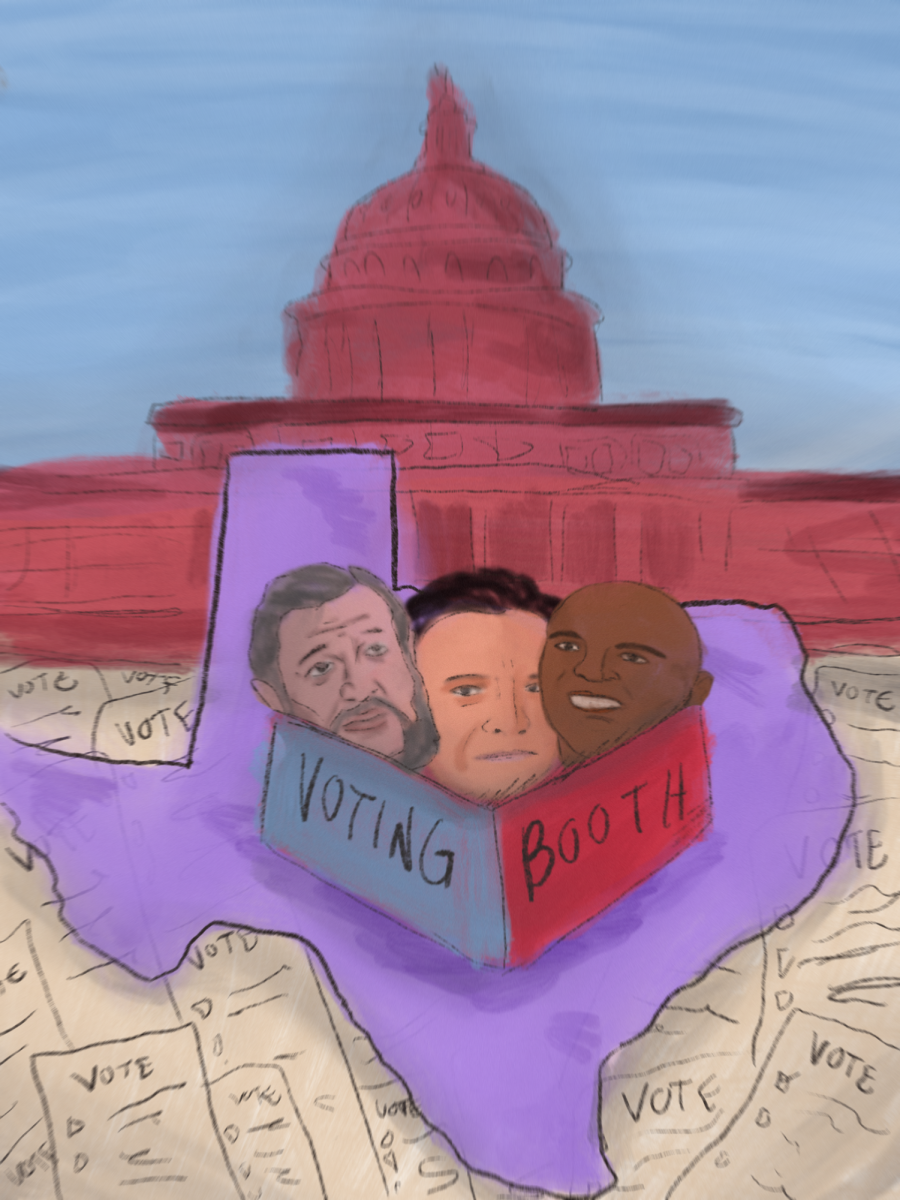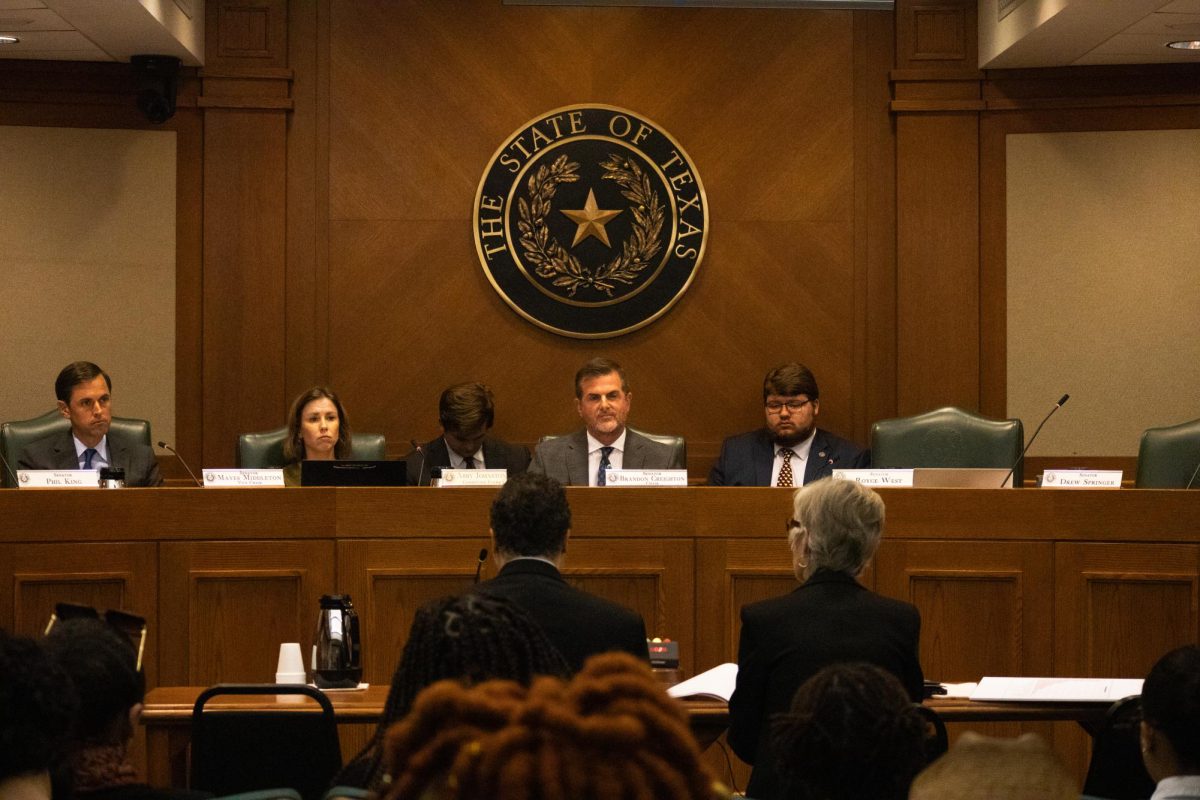Two Democratic challengers, U.S. Rep. Colin Allred and Texas state Sen. Roland Gutierrez, entered the race for Republican Sen. Ted Cruz’s Senate seat. Cruz, who was first elected to the Senate in 2012, is up for reelection in 2024.
According to the Texas Politics Project’s June poll, 35% of Texas voters view Cruz as “very unfavorable,” and 23% view him as “very favorable.” Eleven percent of voters view Allred as “very unfavorable,” and 10% view him as “very favorable.” However, 42% of voters had no opinion or didn’t know, and 22% saw him as “neither favorable nor unfavorable.” The Texas Politics Project did not provide data for Gutierrez.
“Right now, we’re looking at the mood and how voters in general are reacting to conditions in the country, and also policies and activities in the state, including the recently concluded legislative session,” said Joshua Blank, the Texas Politics Project’s research director. “You see this general pessimism that manifests itself repeatedly, and you also see it extend to deep distrust of institutions and of institutions that we traditionally trust.”
Blank said Cruz’s incumbency, while mostly an advantage, can also be a burden. Most Texas voters already have an opinion on Cruz, with Republicans giving him high approval ratings and Democrats regarding him very negatively. Two Democrats who could have retained their current seats but instead jumped into this race early may indicate that they believe this election cycle is favorable.
“Politicians are strategic players, and they don’t jump into races they think they don’t have any chance of winning,” Blank said.
According to the Texas Tribune, Cruz won with 50.9% of the vote in his last reelection campaign in 2018 against Beto O’Rourke. Blank said the race’s closeness could be attributed to independents with negative views toward Cruz.
Daron Shaw, one of the originators of the Texas Politics Project poll, said Cruz’s 2018 campaign was a high-profile race nationally. However, the presidential race will be at the forefront of people’s minds in 2024. Blank also said the context of this election differs from the last one because a different party controls the White House.
“Generally speaking, people are gonna develop more negative attitudes about whoever’s in power over time, whether they’re of your party or not,” Blank said. “Presidents have to make lots of bad decisions between bad options. You can see that with Biden, for example, with the border.”
Government professor Shaw said the general belief that higher turnout favors Democrats does not always hold, and when unengaged and uninvolved voters turnout, they pay more attention to short-term forces that may favor either party.
“The problem is that non-voting is more about psychology than it is about demography,” Shaw said. “The more intense the race, the more likely people from all over the spectrum are coming out, and the people who show up for those sorts of races tend to be responsive to whatever the prevailing political wind is.”













